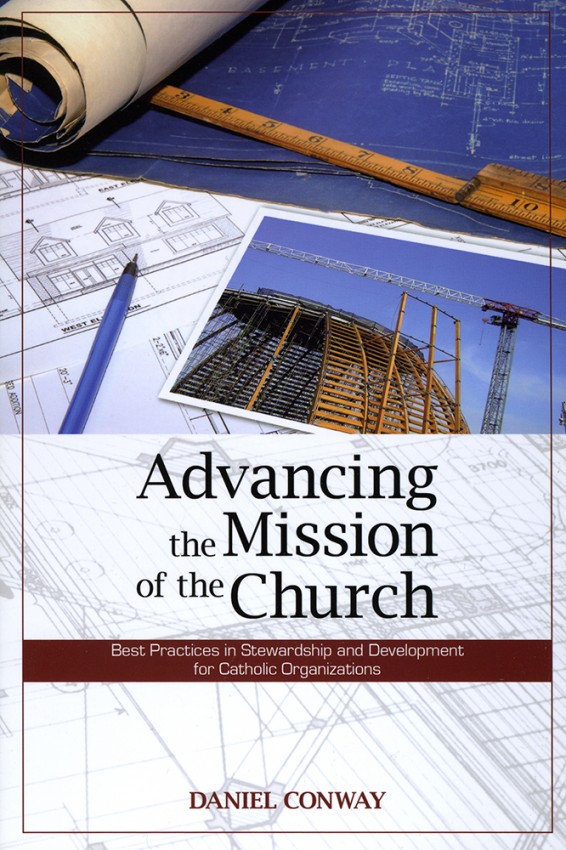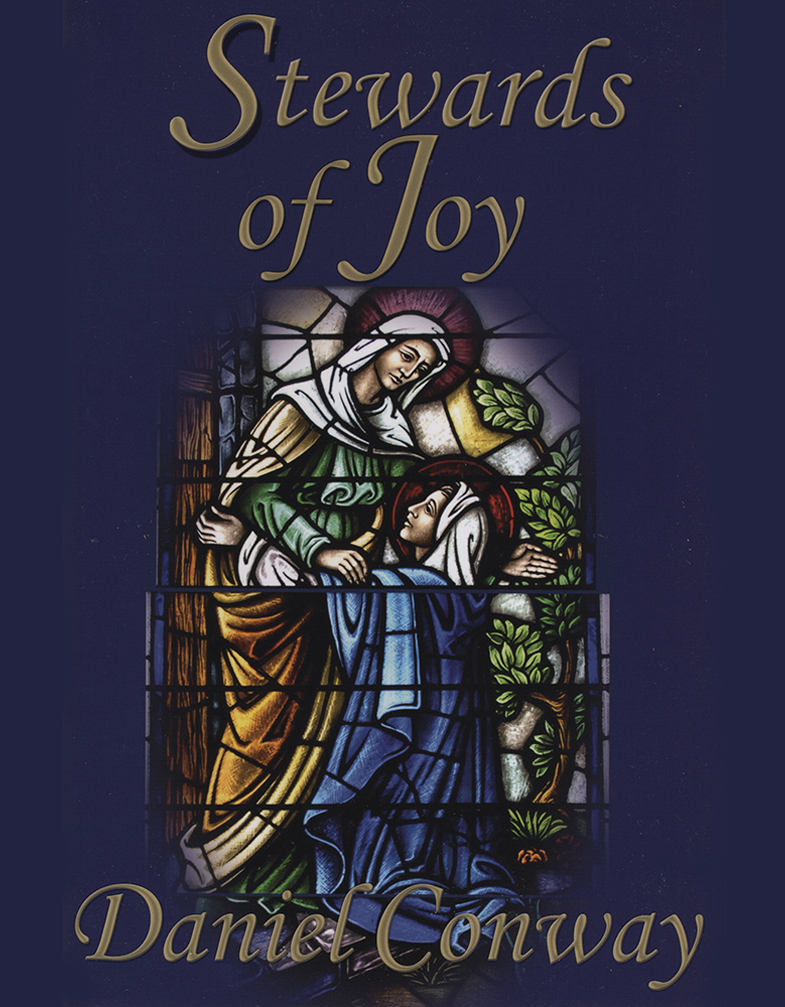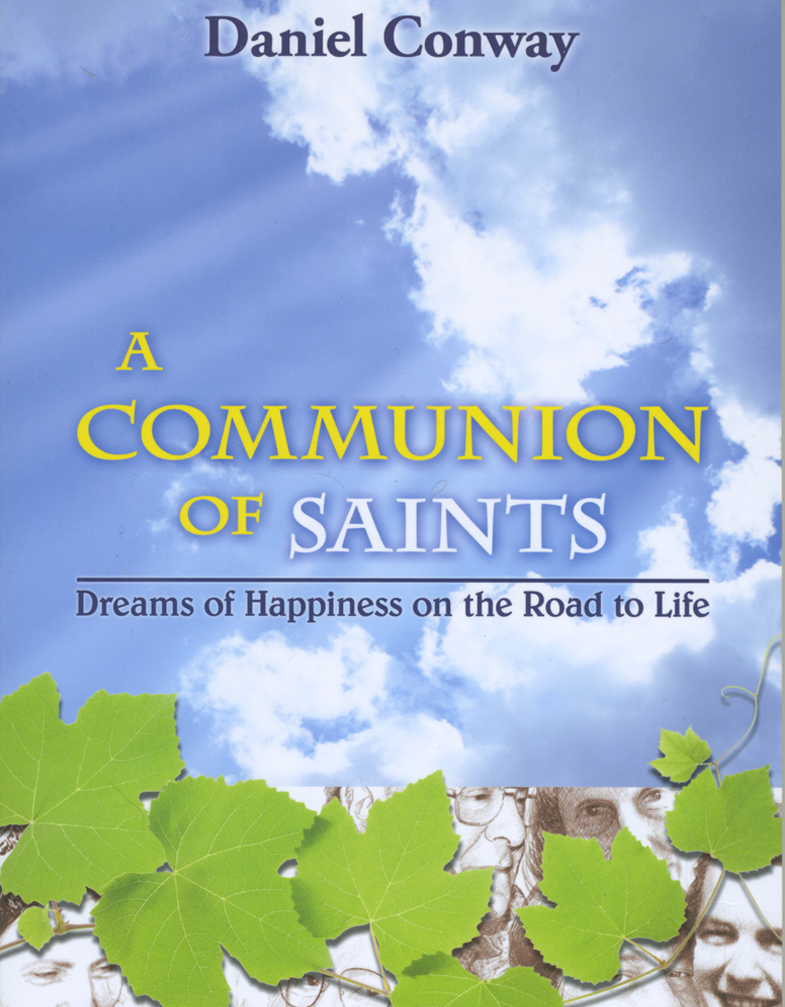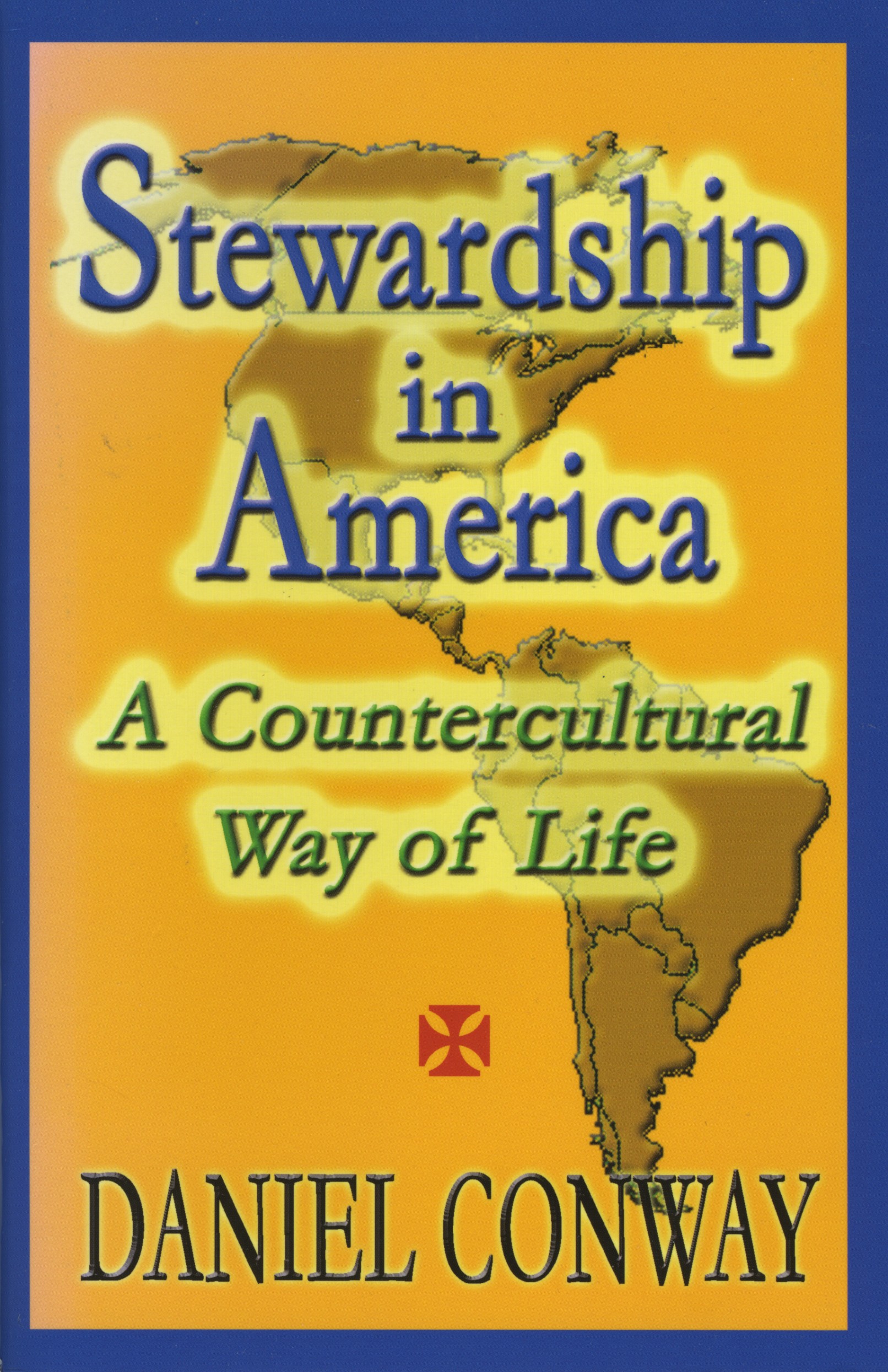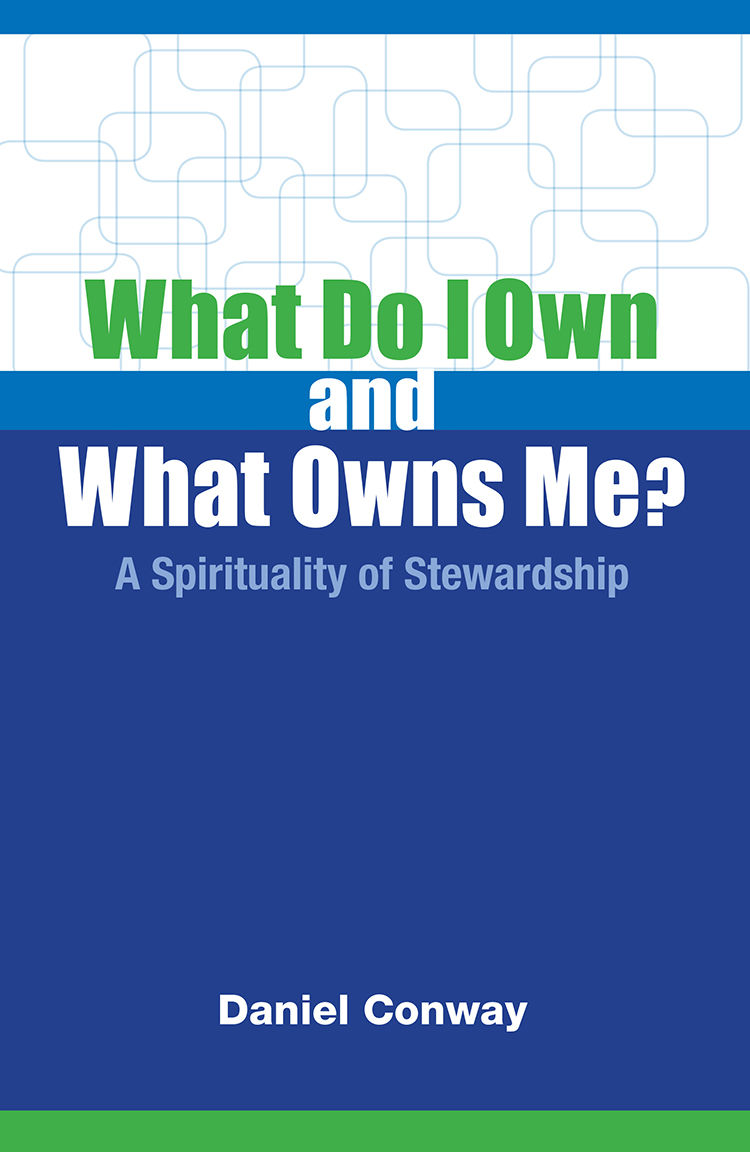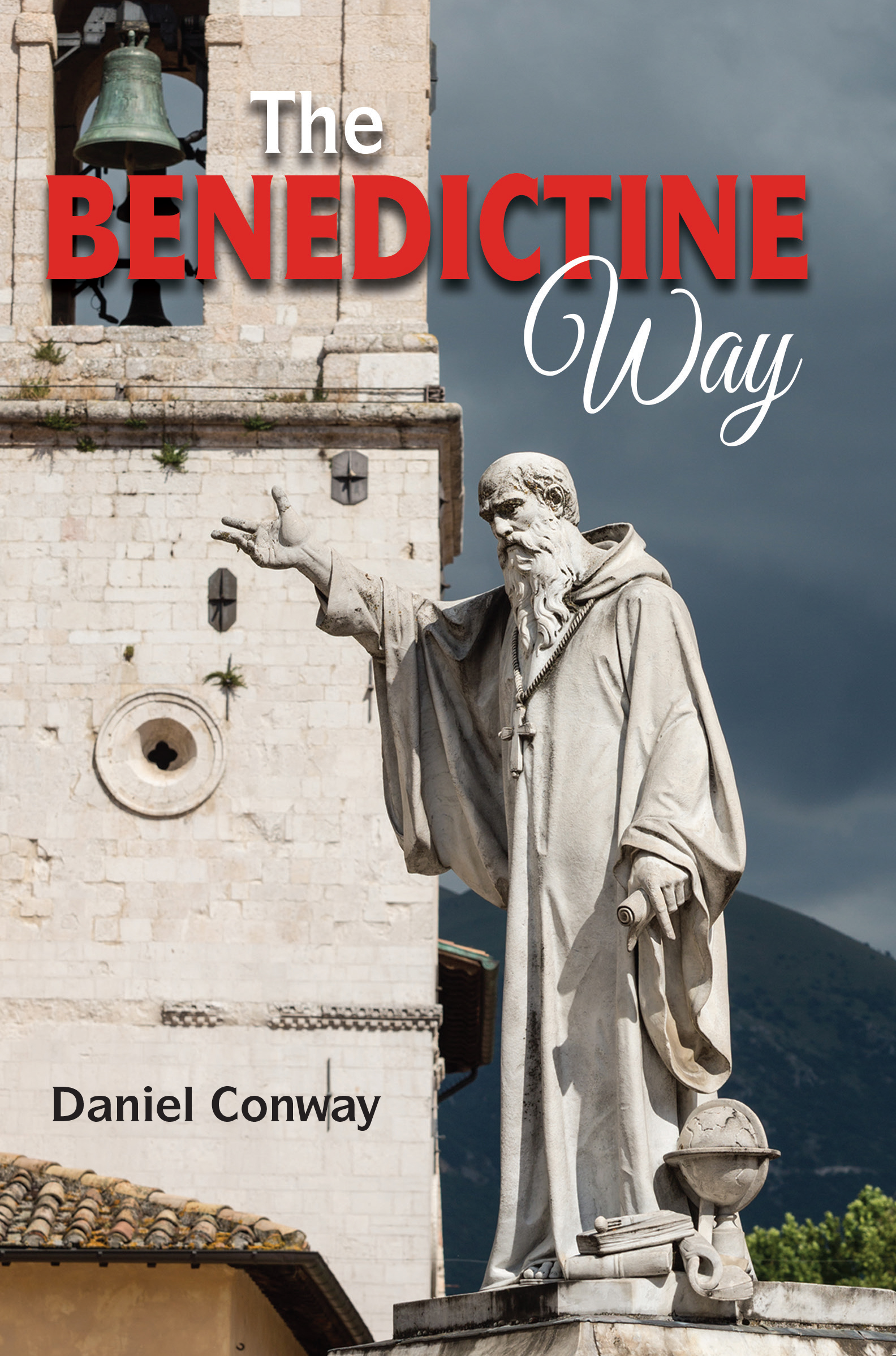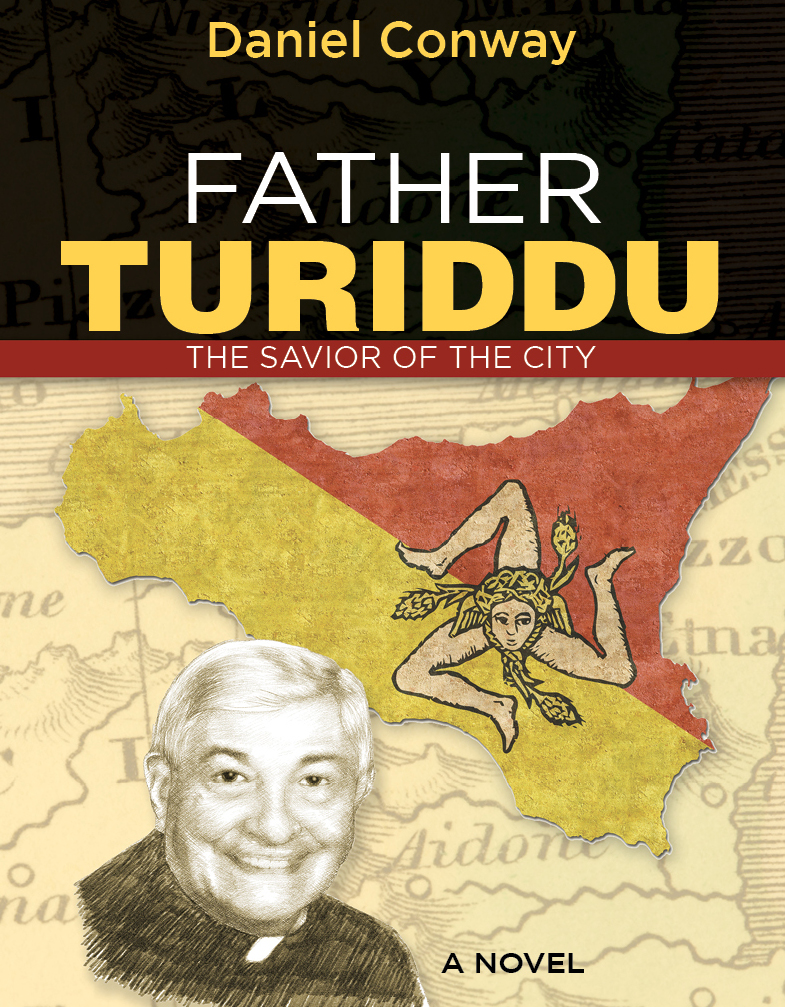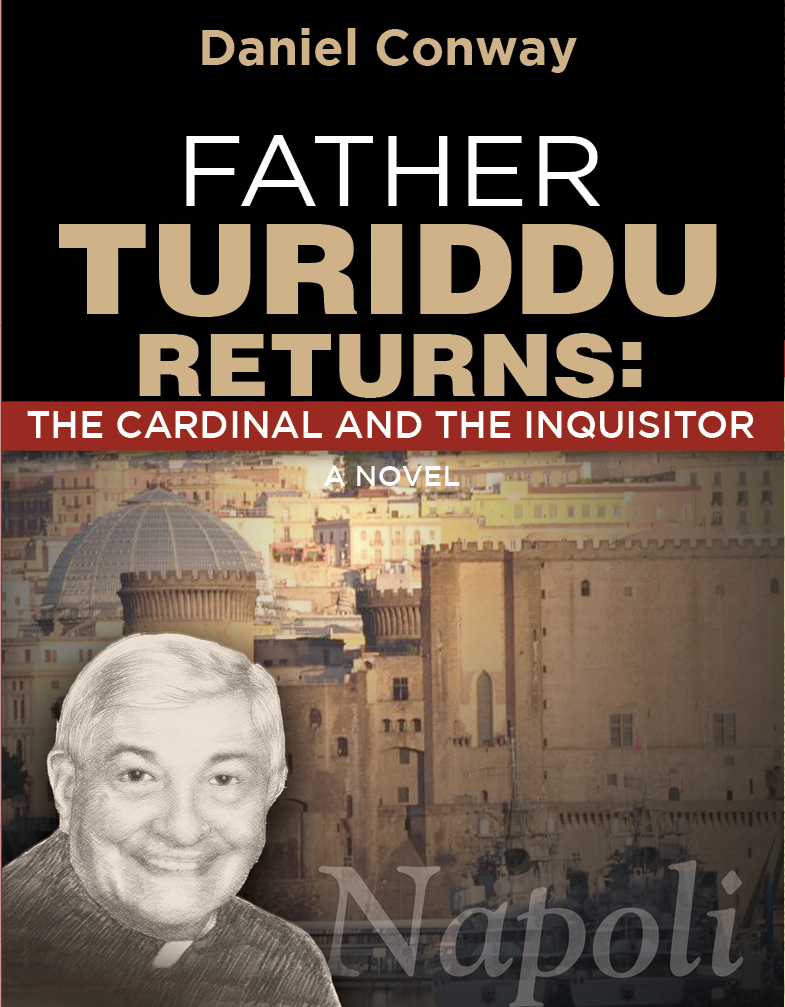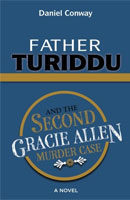Blessed are the peacemakers for they shall be called sons of God (Mt 5:9).
We Catholics begin each year with an appeal to our Blessed Mother, the Queen of Peace, to watch over us and guide us on the way to peace, which is her divine son. One of the prayers given to us by the Church for the first day of the new year, the Solemnity of Mary, Mother of God, expresses our hope in this way:
Father, source of light in every age,
The virgin conceived and bore your Son
Who is called Wonderful God, Prince of Peace.
May her prayer, the gift of a mother’s love,
Be your people’s joy through all ages.
May her response, born of a humble heart,
Draw your Spirit to rest on your people.
May Christ’s peace reign in our hearts,
now and forever. Amen
We begin each new year with a fervent prayer for peace. This is especially true during this time of pandemic, social unrest and economic hardship.
We long for a time when there will be no more discord among individuals, families, neighbors or nations. Having just celebrated the birth of the Prince of Peace, we hope that His coming will inspire us all to live differently. We begin each new year with the profound hope that we can set aside our jealousy, our fear, our desire for economic control and political domination, our aversion to strangers from foreign lands and our discomfort with those who are different from us. We pray for peace, too often forgetting that acceptance and forgiveness (the way of the meek, the way of Jesus Christ) is the only way to peace.
In his 2021 World Day of Peace Message, Pope Francis describes what he calls a “culture of care” that is indispensable to achieving true peace. The Holy Father says:
There can be no peace without a culture of care. The culture of care thus calls for a common, supportive and inclusive commitment to protecting and promoting the dignity and good of all, a willingness to show care and compassion, to work for reconciliation and healing, and to advance mutual respect and acceptance. As such, it represents a privileged path to peace. “In many parts of the world, there is a need for paths of peace to heal open wounds. There is also a need for peacemakers, men and women prepared to work boldly and creatively to initiate processes of healing and renewed encounter”.
A culture of caring—for human life and for all of God’s creation—is essential to overcoming the sins of inhumanity, exploitation of the environment and indifference to the needs of our sisters and brothers and of our common home, the earth.
In Jesus of Nazareth, Pope Emeritus Benedict XVI teaches that all of God’s creation is intended to become “the land of the king of peace,” and every eucharistic assembly is for us Christians a place where the king of peace reigns. “The universal communion of Christ’s Church is thus a preliminary sketch of the world of tomorrow,” the retired pope writes, “which is destined to become a land of Jesus Christ’s peace.”
We Christians believe that true and lasting peace comes only through the Son of God, our Lord Jesus Christ, who was sent into the world by His Father to be the ultimate peacemaker. Pope Benedict reminds us that there is an essential connection between divine Sonship and the kingship of peace. That’s why we rely on Mary’s prayer, “the gift of a mother’s love,” to intercede for us. That’s also why we recall each new year the Lord’s promise to David: “I will give peace and quiet to Israel in his days … He shall be my son, and I will be his father (1 Chr 22:9).
“Blessed are the peacemakers for they shall be called sons of God” (Mt 5:9). We become children of God when we are reconciled to Him—through our baptism and our communion with Him in and through the Church. But when we lose sight of God, through our blindness, selfishness and sin, peace disintegrates and violence proliferates to a formerly unimaginable degree of cruelty. We have seen this too often in recent years, and our hearts cry out for a lasting peace!
“Enmity with God is the source of all that poisons man,” Pope Benedict writes. “Overcoming this enmity is the basic condition for peace in the world. Only the man who is reconciled with God can also be reconciled and in harmony with himself, and only the man who is reconciled with God and with himself can establish peace around him and throughout the world.”
Let’s pray that this new year will be a time for healing, hope and reconciliation. Let’s pray for a culture of care here at home and throughout the world.
Happy New Year!
Daniel Conway

